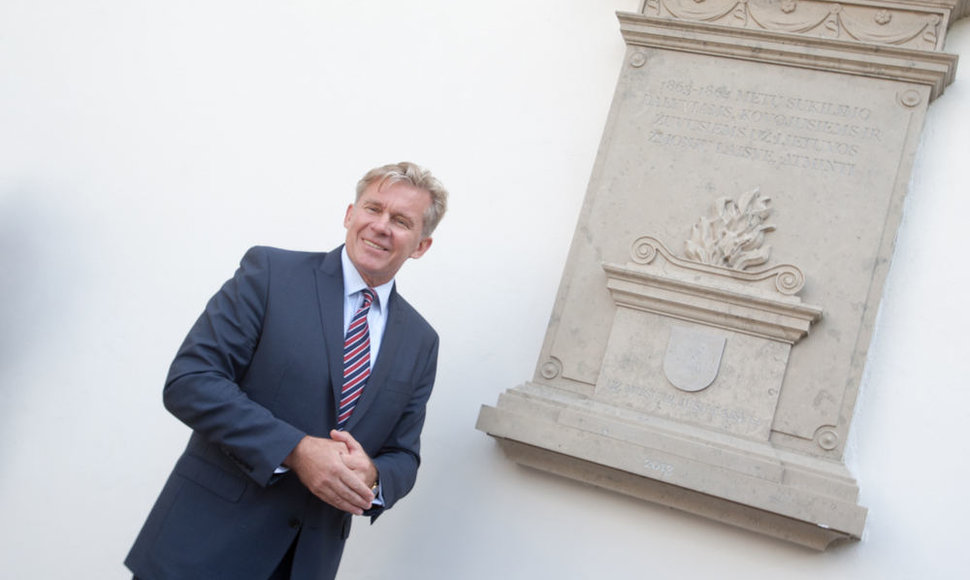Lithuanian Minister of Foreign Affairs Audronius Ažubalis, who attended the unveiling ceremony, said the history of the uprising against Russian occupation helped understand how a modern Lithuania came into being and therefore its memory should be properly commemorated.
The minister said that the uprising which involved a major part of the Polish-Lithuanian Commonwealth laid the foundations for the national revival of Lithuanians.
"Having suppressed the uprising, tsarist authorities banned the Lithuanian press and alphabet. But the rebels' Lithuanian proclamations helped develop self-respect, the taste of Lithuanianity, ensure illegal flow of books from outside Lithuania and secret schooling groups," the minister said.
Ažubalis also added that the uprising showed that the state was everyone's business. The common goal of peasants, landlords, and priests "led to the emergence of a democratic Republic of Lithuania after WWI."
Ažubalis also expressed hope that historians and archeologists would be able to finally identify all rebels who are believed to have been buried in the territory of the Lower Castle in Vilnius.
The unveiling ceremony was part of the program of the meeting of heads of Lithuania's diplomatic representations taking place in Vilnius this week.












